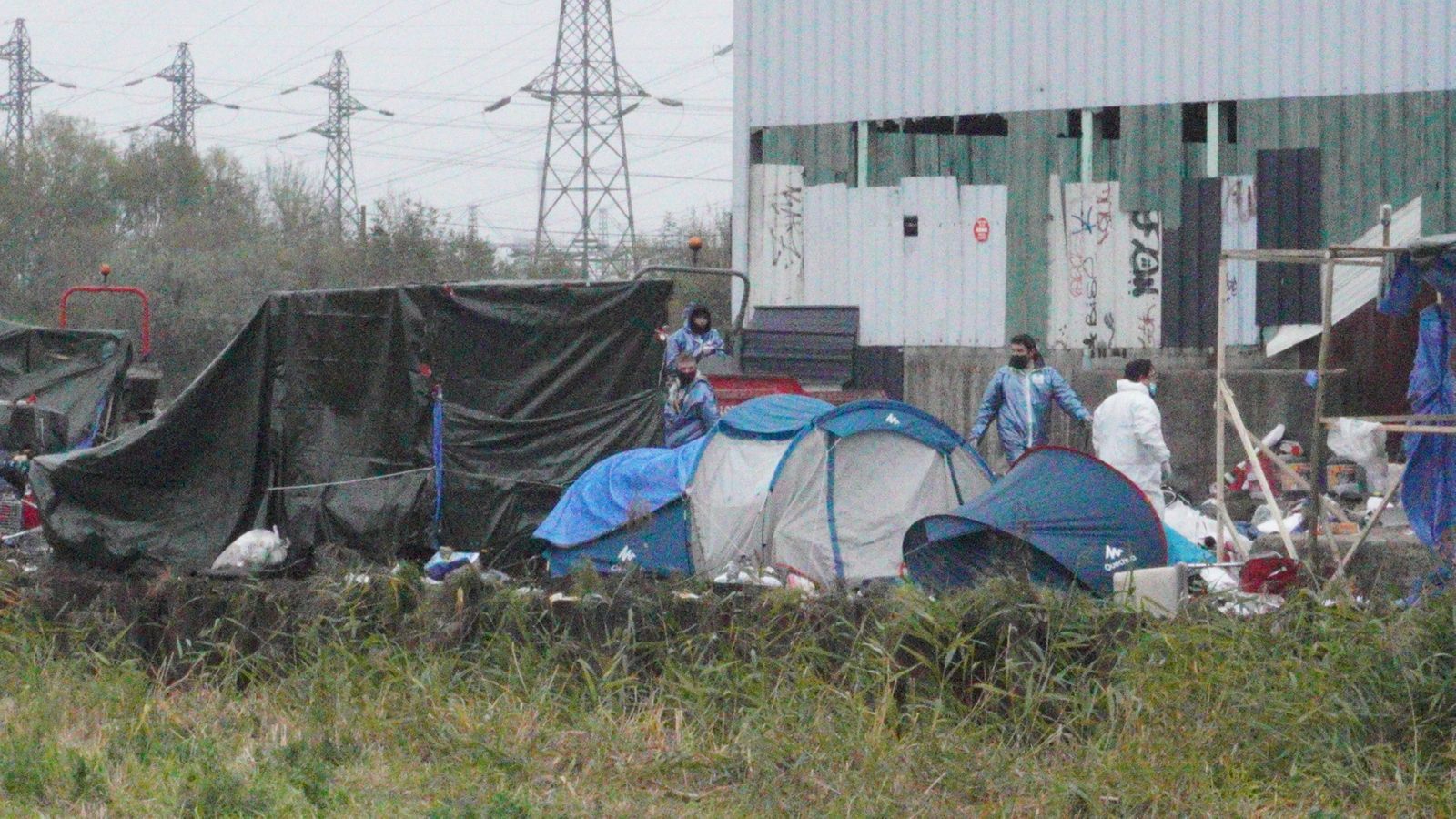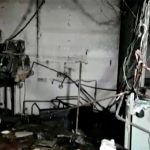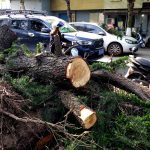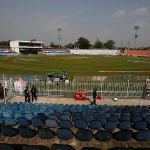The police came early to the migrant camp in Grande-Synthe, a commune near Dunkirk in northern France.
The officers all knew the plan, and the migrants quickly realised what was going to happen. The camp was about to be destroyed.
In truth, it wasn’t a hard task. The Grande-Synthe camp was little more than a collection of tents and flimsy shelters crowded together in some wasteland behind a clutch of derelict buildings.
And yet it was home to as many as 1,500 people at a time – a transient population of migrants trying to get to Britain.
Most of the people in this camp were Iraqi Kurds, who have often spent many thousands of pounds to get this far and are resigned to spending thousands more in their effort to get to British soil.
As the camp was dismantled behind them, there were buses to take some people to shelters, especially women and children. But many more were left to fend for themselves. The weather was as miserable as the people.
As we filmed, a smiling man came walking down the street. “What’s happened here?” he asked, in flawless English. I told him that a migrant camp had been closed down. “Oh,” he replied. “That’s my home.”
The West faces a test of unity over Russia as tensions intensify between Moscow and NATO
Poland-Belarus border: Shivering, hungry migrants hope the EU will ‘make a good decision’
Poland-Belarus border: EU warned it must stand up to Vladimir Putin over crisis
Rawaz Khoshnaw, an engineering graduate, had been a translator in Iraq and had travelled to Europe via a nine-day truck journey across Turkey. As we talked, water dripped from his trousers – he had returned to the camp after a failed attempt to cross the Channel.
He looked at the camp, and at the police officers stationed at the gates, stopping anyone from returning to collect possessions. “I feel that I’m going to be cold tonight,” he told me.
“I’ve got a cough, I got a cold because I’ve been here for 22 days. There’s been a lot of rain. Your stuff gets wet, you can’t dry it because it’s raining. We start a fire sometimes but not every day.
“And now I don’t know what I’m going to do tonight. Look – that was my home. A temporary home. I never wanted to be here but I do live here.”
He wants to be in the UK and, like so many migrants I’ve spoken to at these camps, he intends to keep trying until he succeeds. Having got all the way from Iraq, Sudan, Eritrea or Afghanistan, for instance, many migrants in northern France feel they have come too far to give up on their dream when Britain is actually within sight.
The story of arduous journeys is a familiar one in migrant camps around the world. But among a group of cold men, huddled in foil blankets, we meet some who passed through Belarus, along the route enabled and promoted by President Alexander Lukashenko.
Marouane (not his real name) tells me he was a photographer who paid thousands of pounds for a flight and visa to get first to Minsk and then on to the border with Poland.
He says he was lucky to survive the experience – of freezing cold, of being beaten by border guards and left without food or drink in forests that he refers to as jungles.
“It’s like a wild journey,” he said, “from the jungle, it was very difficult. It was so cold. It’s really not for humans. You may die, it’s very possible to die in the jungle.
“I would say to people ‘Please don’t go to Belarus. It’s very very difficult. You will not survive it from there. It’s very difficult. Especially now.
“They bring a lot of police, especially to the Poland border. They may use you for political purpose. Please don’t come.”
He was repelled at both the Polish and Lithuanian borders, but says he eventually got into Poland after Belarusian border guards cut a hole in the fence.
From there, Marouane says he was packed into a van with 40 other people – the start of a journey that led him through Poland and Germany and on into France.
Please use Chrome browser for a more accessible video player
“Yeah we are here, but it’s like dying. It’s not a life. It’s been 13 days I am here and you can’t sleep.
“I have tried two times to get to the UK – the first time our boat’s engines was broken and today our boat got a hole and the water is getting in. But I will try again. There is no choice. You have to.”
Around him, his friends are shivering; their clothes still wet from their failed journey. Theirs is a miserable life, but what keeps them going is the dream of reaching British shores.
Little wonder that the challenge of slowing, or even stopping, cross-Channel migration remains easy to say, but much harder to deliver.






















